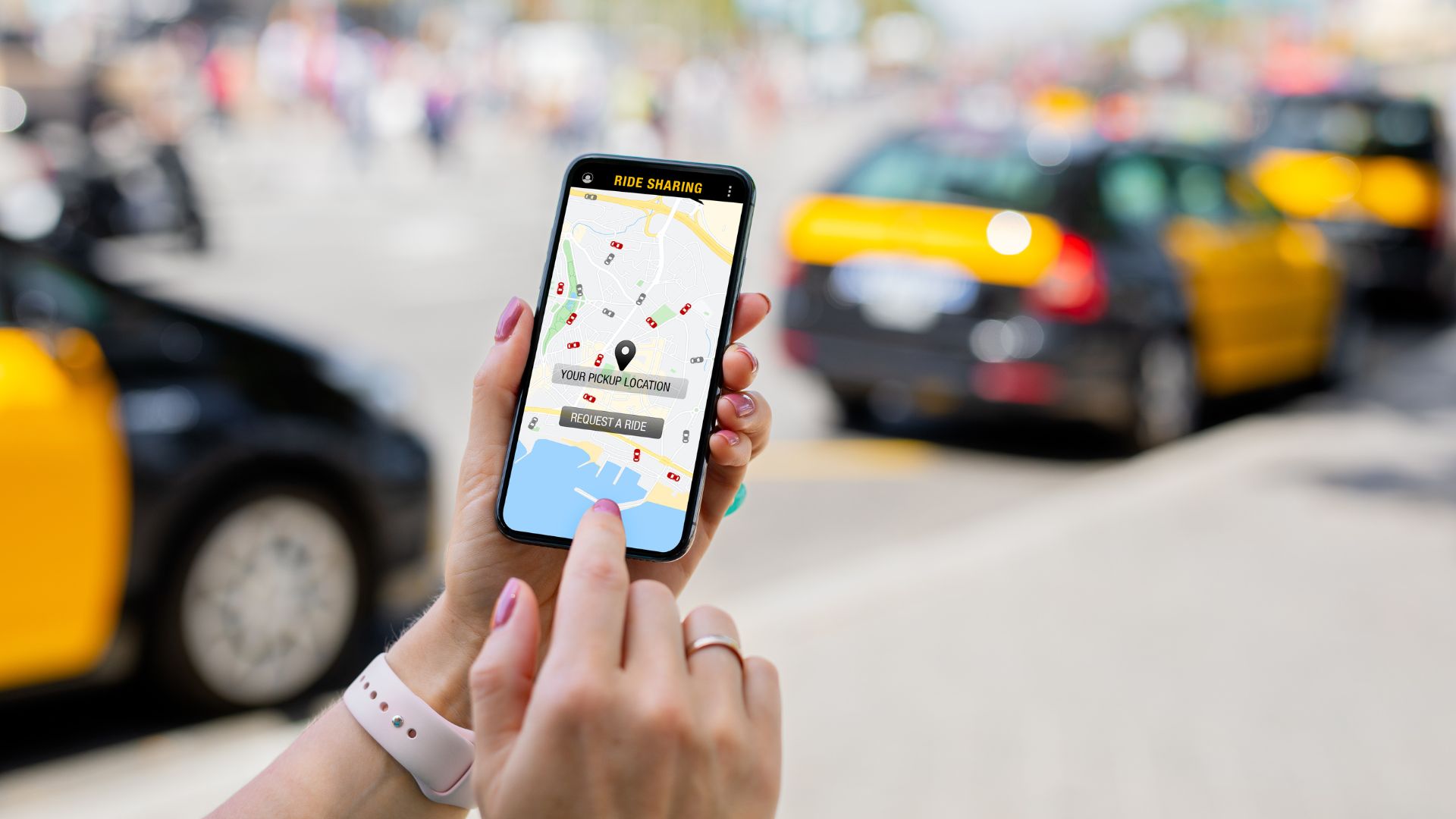Apr25

Introduction:
In recent years, we have seen an unprecedented shift in the business landscape where traditional ownership models are being disrupted by innovative companies that own virtually nothing. This new wave of business innovation has seen the rise of companies like Uber, Facebook, and Airbnb, which have been wildly successful without owning traditional assets. In this article, we will explore this phenomenon and discuss the lessons that can be learned for businesses looking to innovate and thrive in today’s fast-paced economy.
The Sharing Economy:
The rise of the sharing economy has played a crucial role in the success of companies that own nothing. By leveraging technology and connecting people, these businesses have created platforms that allow individuals and businesses to share and monetize their assets. This model has revolutionised how we consume goods and services and allow for rapid scaling and expansion, as these platforms don’t require heavy investment in physical assets.
Uber – Rethinking Transportation:
Uber has become the epitome of this “own nothing” business model in the transportation industry. By connecting riders with drivers through its app, Uber has created a global transportation network without owning a single vehicle. This approach has allowed Uber to scale rapidly, reduce overhead costs, and ultimately provide customers a more affordable and convenient service. The Uber model has disrupted the traditional taxi industry and inspired countless other companies to follow.
Facebook – The Content Aggregator:
Similarly, Facebook has revolutionized how we consume content without producing its own. Instead, Facebook has created a platform aggregating user-generated content, giving users a personalized, engaging experience. By leveraging its vast user base and data, Facebook has created targeted advertising opportunities for businesses, which has generated significant revenue for the company. Facebook’s success lies in its ability to connect people, facilitate communication, and drive engagement without owning any content.
Airbnb – Disrupting the Hospitality Industry:
Airbnb’s meteoric rise can be attributed to its innovative approach to the hospitality industry. Rather than owning hotels, Airbnb has created a platform connecting travellers with property owners, allowing them to rent their homes, apartments, or even just a room. This model has provided travellers with a more diverse range of accommodation options and enabled property owners to monetize their unused spaces. Airbnb’s success demonstrates the power of leveraging existing assets and creating a seamless, user-friendly experience.
Lessons for Businesses:
The examples of Uber, Facebook, and Airbnb highlight the power of the “own nothing” approach to business innovation. Some key lessons that can be derived from their success include:
Conclusion:
The “own nothing” approach to business innovation has proven to be a powerful force in today’s economy. By learning from Uber, Facebook, and Airbnb examples, businesses can harness this model to drive growth, create value, and remain competitive in an ever-changing landscape.
By Andrew Constable MBA, XPP, BSMP
Keywords: Business Strategy, Innovation, Leadership
 Lateral Moves: The Most Overlooked Succession Strategy in Companies
Lateral Moves: The Most Overlooked Succession Strategy in Companies The Asset Play: Timing, Structure & Global Arbitrage
The Asset Play: Timing, Structure & Global Arbitrage  The Orchestra Needs a Conductor: Why Multi-Model Agents Require H2E Governance
The Orchestra Needs a Conductor: Why Multi-Model Agents Require H2E Governance The Role of Memory in Modern-day Business
The Role of Memory in Modern-day Business The Architectures of Permanence: A Comparative Analysis of the "Big Three" AI Strategies (2026)
The Architectures of Permanence: A Comparative Analysis of the "Big Three" AI Strategies (2026)